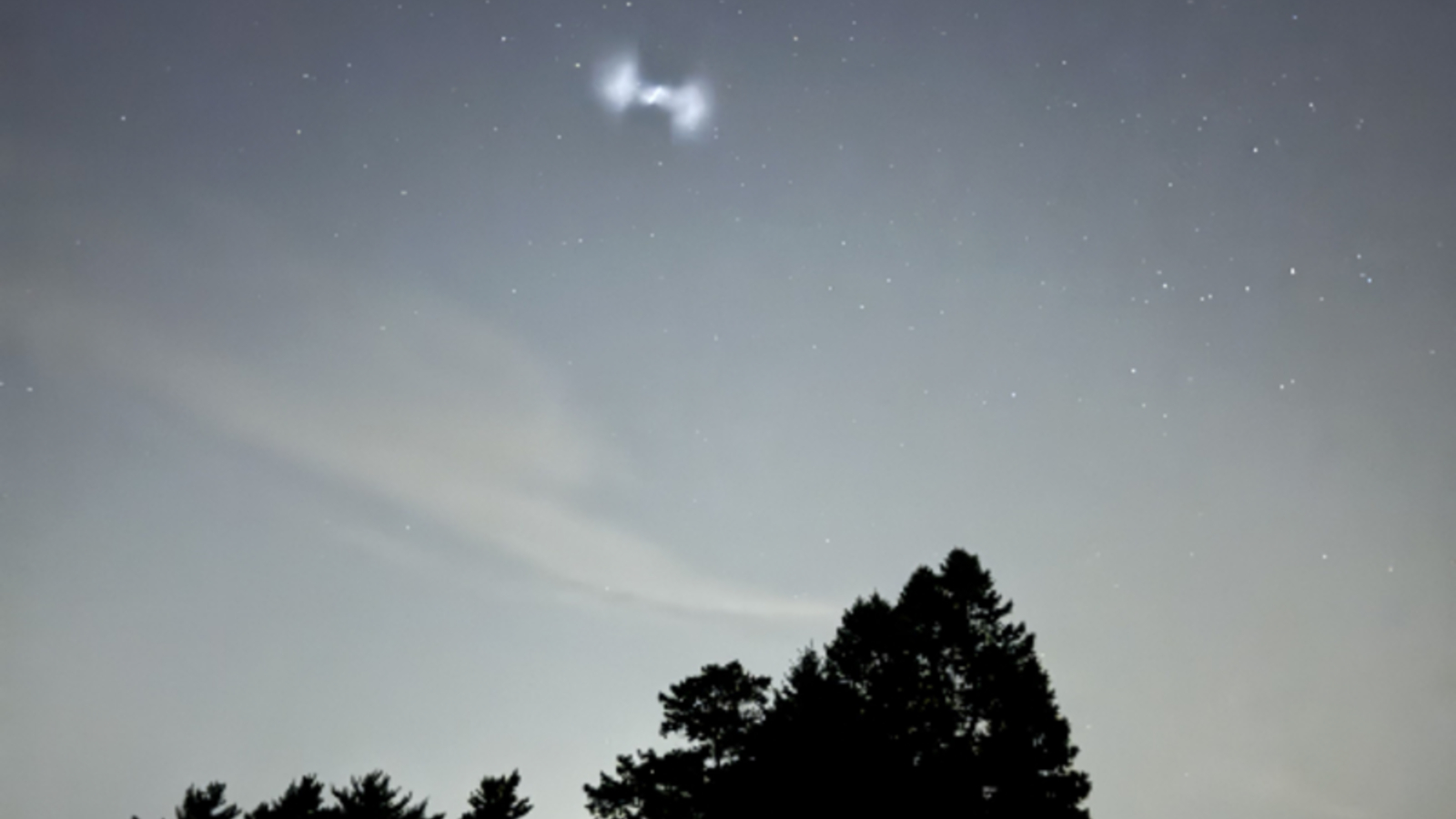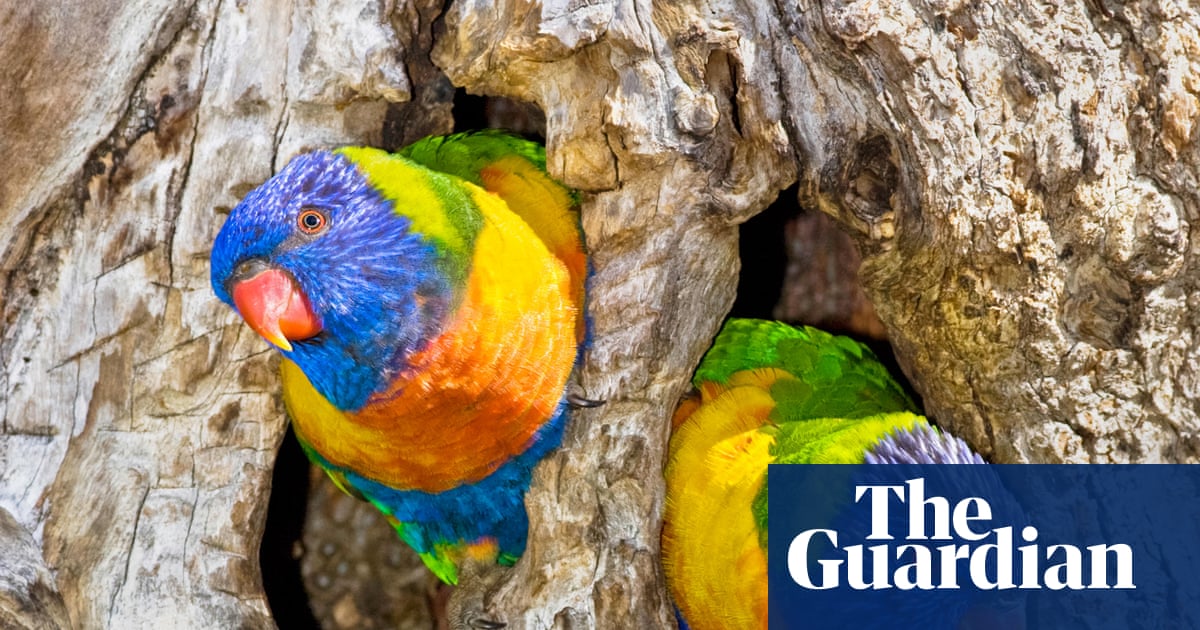26 Million-Year-Old Predator Discovered: The Adorable Killer of the Ancient Seas!

Can you imagine a creature that looks cute enough to cuddle but had razor-sharp teeth and was a fierce predator? Meet the newly discovered Janjucetus dullardi, a whale that prowled the oceans 26 million years ago, leaving scientists both fascinated and a little terrified!
Australian scientists from Museums Victoria have pieced together this species from a remarkably well-preserved skull fossil unearthed on the picturesque Surf Coast of Victoria in 2019. This isn’t just any ordinary whale; it’s described as a ‘fast, sharp-toothed predator’—about the size of a dolphin but with a mouth full of slicing teeth!
“It’s essentially a little whale with big eyes and a mouth full of sharp, slicing teeth,” exclaimed researcher Ruairidh Duncan. Picture a shark-like version of a baleen whale—small and deceptively cute, but definitely not harmless. Who knew nature could pack such a punch in a seemingly adorable package?
The skull belongs to a group of ancient whales known as the mammalodontids, which are distant relatives of today’s filter-feeding giants. This discovery marks the fourth mammalodontid species ever found, highlighting the rich and complex evolutionary history of whales.
Erich Fitzgerald, a palaeontologist involved in the study, stated, “This fossil opens a window into how ancient whales grew and changed, and how evolution shaped their bodies as they adapted to life in the sea.” It’s like peeling back the layers of an ancient story, revealing how these magnificent creatures ruled the oceans.
The Surf Coast area is significant not just for its beauty but also for its geological history, dating back to the Oligocene epoch between 23 and 30 million years ago. In fact, a treasure trove of rare fossils has been found along this stunning stretch, making it a renowned site for studying early whale evolution.
“This region was once a cradle for some of the most unusual whales in history, and we're only just beginning to uncover their stories,” Fitzgerald added. With every new discovery, we are rewriting the narrative of how whales came to dominate the seas — and trust us, there are some surprising twists in this tale.
Named after local resident Ross Dullard, who stumbled upon the skull while enjoying a day at the beach, Janjucetus dullardi is not just a scientific discovery but a reminder of how the past continues to shape our understanding of marine life. As Fitzgerald puts it, “We’re entering a new phase of discovery.” This is just the beginning!
























